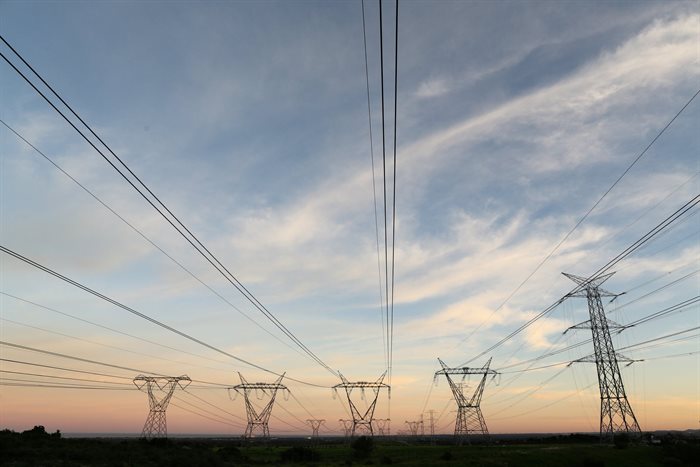
According to the study, Watts In Store: Explainer on how energy storage can help South Africa’s electricity crisis (Part 1), energy storage — such as grid batteries and pumped hydro — can help balance electricity supply and demand, improve grid stability, and boost energy providers’ financial returns.
“While deployment of batteries at commercial, industrial, and residential sites is accelerating, the rollout is happening in an uncoordinated manner, primarily as a self-funded response to worsening load shedding,” says Richard Halsey, policy advisor at IISD and the lead author of the report.
“South Africa needs national and municipal grid storage strategies, which will provide a positive signal to the energy storage industry that it can safely develop supply chains.”
IISD researchers identified seven benefits of energy storage that are particularly important for the constrained South African power system this year. Among those with immediate effect, adding batteries to consumer-located generators can lower demand for Eskom power, while the existing pumped hydro can reduce the need for load shedding when power consumption is at its peak, the study found.
In the long term, energy storage can also complement intermittent utility-scale renewable energy, optimise the use of congested grids, contribute to a better use of existing power plants, improve public supply of electricity, and could be a cost-effective alternative to immediate grid expansion in some cases.
While South Africans are already widely and rapidly installing consumer batteries (located at consumer premises), grid storage (located on the electricity grid) has received relatively little attention, the authors found. Yet, grid batteries have recently seen rapid growth worldwide, thanks to an 80% drop in costs of lithium-ion batteries since 2013. The main benefit is that they can be deployed much faster and offer more services than other grid storage technologies, such as pumped hydro.
“With the current electricity crisis requiring fast and effective measures, grid batteries can be an important part of the solution,” Halsey says. “That doesn’t mean pumped hydro is not needed, as it can provide longer-duration storage and should be considered a complementary technology.”
This paper is the first in a two-part series about energy storage in South Africa. Part 2 will take a deeper look at grid-located batteries: how to maximise benefits, minimise risks, and create a more enabling environment for deployment.